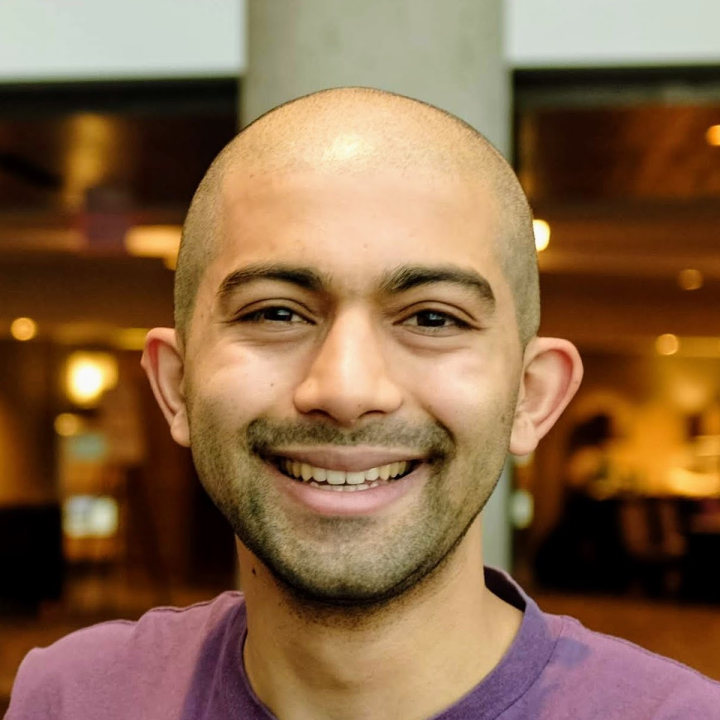UMD Researcher Awarded $364K to Make Data Analysis Faster and More Accessible
Modern datasets are massive—they can contain billions of values and an overwhelming amount of information. The data itself is invaluable and can provide vital insights, but how can we efficiently make sense of it?
Laxman Dhulipala, an assistant professor of computer science with a dual appointment in the University of Maryland Institute for Advanced Computer Studies (UMIACS), is building open-source tools to help researchers do just that.
He is part of a multi-institutional team that has been awarded $364K from the National Science Foundation to help us better understand complex data using techniques called clustering algorithms.
“Clustering algorithms are tools that organize data points based on how similar they are,” explains Dhulipala. “They create clusters of similar values while keeping different types of data separate.”
In our own lives, we all belong to a range of clusters—some small, some large, some nested within another. For example, you may have a cluster of high school friends. This group, in turn, belongs to the larger clusters of their respective college alumni, and they all also belong to broader communities consisting of people from their home country.
“Identifying the natural cluster structure of our social groups helps explain our own histories and identities,” Dhulipala says. “Similarly, clustering algorithms uncover the underlying structure of huge amounts of data, helping us organize it better.”
Clustering algorithms have a wide range of applications in various fields, from computational biology to social network analysis to security and privacy. In fact, people have been using clustering techniques to solve problems for centuries. In 1854, a physician named John Snow discovered that contaminated water caused cholera outbreaks by using a very early form of clustering to pinpoint the exact well in New York that was problematic.
Click HERE to read the full article
The Department welcomes comments, suggestions and corrections. Send email to editor [-at-] cs [dot] umd [dot] edu.
